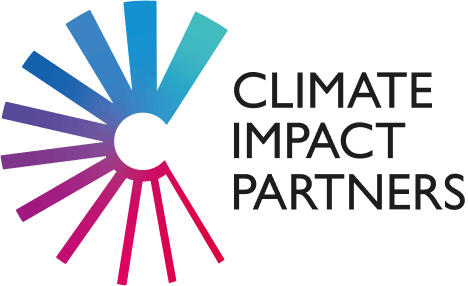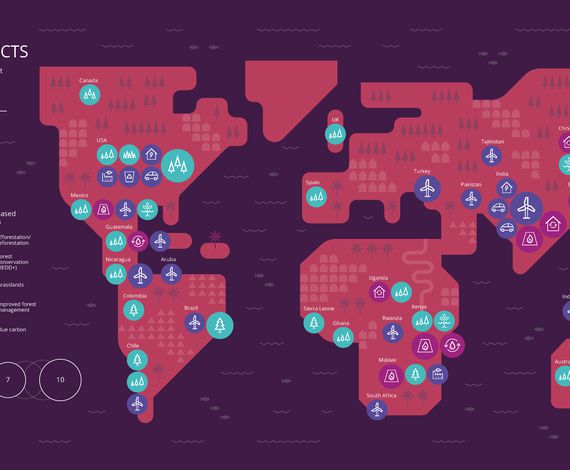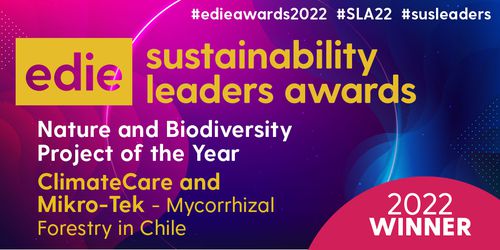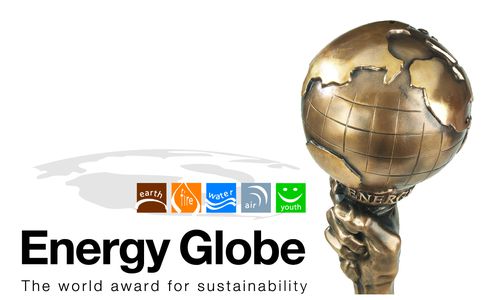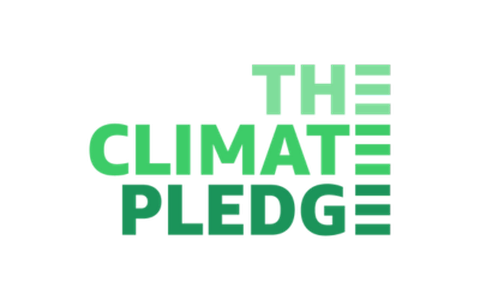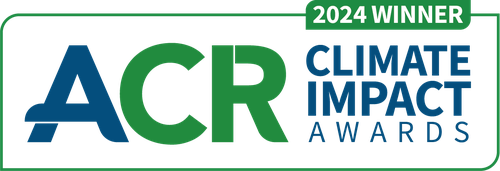We are delighted to share that one of our exclusive projects has been selected as a finalist for the Carbon Removal XPRIZE Milestone Award. The Musk Foundation has chosen the proposed expansion of the Rizome Bamboo Project in the Philippines as one of the top 60 global solutions for carbon removal. The Grand Prize of $50 million will be announced on Earth Day 2025.
To be chosen a finalist, the team had to demonstrate the key components of a carbon removal solution to remove at least 1000 tonnes per year of CO2 from the atmosphere. The team also had to show how the Rizome solution can be scaled to reach the Gigaton (1 Billion tonnes) per year level of CO2 removal- the equivalent of twice the emissions of passenger vehicles in the US.
Building on evidence from the successful bamboo planting project, which is already taking place, the team was able to demonstrate ‘scientific validity and potential for achieving a fully operational carbon removal solution within the next three years.’
The current project involves a partnership between Rizome, a US-based bamboo planting and construction materials company, and local Indigenous populations. The aim of the project is to plant native giant bamboo on degraded land. At maturity around 20% of the bamboo biomass will be harvested each year (about a tonne per plant per year) and developed into high quality, fully traceable building materials for international markets. Bamboo grows more than 10 times faster than traditionally used pine, and the bamboo poles reach maturity in just three to five years. Each bamboo plant can live 100 years and once mature can be harvested annually which stimulates further rapid growth.
In the balmy climate of the Philippines, giant bamboo thrives. Harvesting the mature clumps spurs growth and increases overall carbon sequestration. The project delivers excellent impacts for the environment, one acre of mature bamboo can sequester 400 tonnes of carbon dioxide each year. In addition, bamboo’s root system, the rhizome, absorb rainwater, reducing flooding and erosion whilst providing a natural filter to help restore river water quality.
This project will also generate positive impacts for local communities across multiple SDGs.
No Poverty: Bamboo planting provides a life-long, annual income to farmers in an area where 32% of all families live in poverty.
Zero Hunger: The project improves productivity and sustainability of food production by reducing drought and shielding crops from wind and flooding.
Gender Equality: Bamboo is more lightweight than traditional timber, enabling women to participate in the bamboo economy. Local women can get an income from cutting bamboo branches and selling them to mainly female-run bamboo nurseries. A Gender Action Plan has been developed to increase female participation in the agricultural development.
Clean Water and Sanitation: Bamboo’s root structures help to bind soil, reducing erosion as well as acting as a filter to help restore groundwater quality.
Decent Work and Economic Growth: The project provides jobs in harvesting and processing bamboo, as well as supporting roles in the bamboo nurseries and transportation. Bamboo farmers can generate additional income.
Industry, Innovation and Infrastructure: Manufacturing facilities produce high-grade building materials for export, as well as more affordable solutions for local markets.
Climate Action: 400 tonnes of CO2 can be sequestered per acre of mature giant bamboo, with the project expected to sequester over 20 million tonnes over its 30-year lifetime.
The award proposal involves expanding this existing Philippines project with new bamboo planting and increased manufacturing of bamboo-based building materials, together with implementation of a biochar programme.
This would not only remove carbon from the atmosphere as the bamboo grows, but avoid emissions from the use of concrete, steel and wood by replacing them with bamboo. The proposal also includes expansion to new countries, including Florida in the United States.
Evidenced by the positive impacts delivered through a pilot project, funded by USAID, the team was able to show how this project could achieve rapid atmospheric carbon drawdown, increase decarbonization, and improve soil health, all while working in tandem with Indigenous populations and restoring agricultural communities.
There are over 1,100 companies registered for these awards, so being chosen a finalist is no mean feat. Congratulations to our innovative project partners for developing these ideas for scaling our work together. We look forward to implementing the ideas with you.
Connect with us
100+ Million Tonnes of emissions have been reduced by Climate Impact Partners
“Here at the nurseries we produce planting materials for bamboo, and most activities are done by women. Women water, weed and fertilise the plants, as well as many other activities around the nursery.” -Myrna Decipulo, Head of Nurseries
Aktuelle News

UK Government Launches Voluntary Carbon and Nature Markets Consultation
Climate Impact Partners comments on the launch of the UK Government's consultation on raising integrity in Voluntary Carbon and Nature Markets.
Weiterlesen
Groundbreaking AI platform launched to deliver real-time, personalised climate policy insights to corporates
Supported by Climate Impact Partners and with investor funding, Maiven, a new AI platform, provides personalised, real-time climate policy insights.
Weiterlesen
Climate Impact Partners Comments on SBTi's Corporate Net-Zero Standard V2
Climate Impact Partners' CEO, Sheri Hickok, shares views on SBTi's draft Corporate Net-Zero Standard V2, now open for consultation.
Weiterlesen